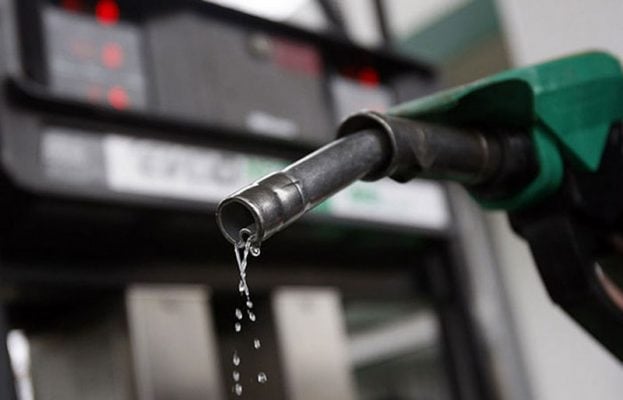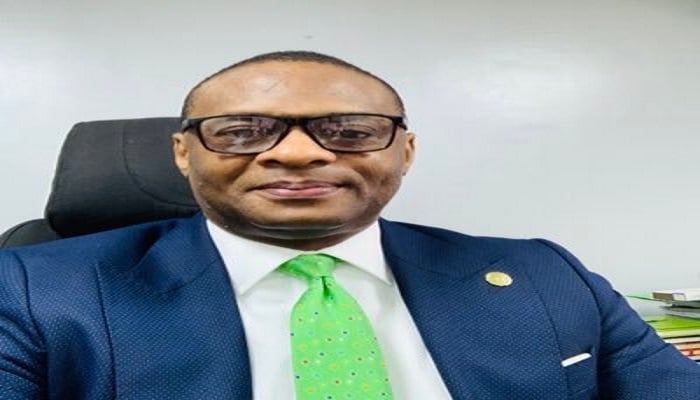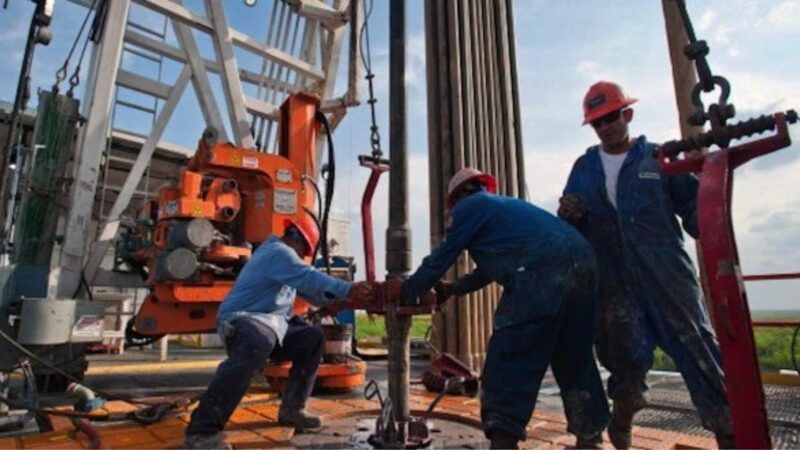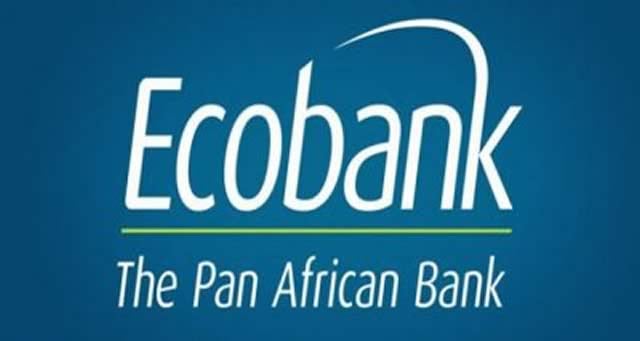$40Bn W/Bank Grant: Nigeria To Highlight Key Energy Demands At Africa Energy Summit
 Nigeria has prepared key bankable energy projects to enable it take advantage of the $40 billion World Bank and African Development Bank (AfDB) power finance initiative.
Nigeria has prepared key bankable energy projects to enable it take advantage of the $40 billion World Bank and African Development Bank (AfDB) power finance initiative.
The World Bank Group and the African Development Bank Group are prepared to convene an Africa Energy Summit on January 27-28 to advance an ambitious plan to deliver electricity to 300 million Africans by 2030, in a bold step to address Africa’s persistent energy crisis.
The development Banks have also announced terms for African countries to secure $40bn in power finance under the Mission 300 programme.
About 13 countries will present their plans at the Mission 300 energy summit to be held in Tanzania at the end of January 2025.
Nigeria, the Democratic Republic of Congo, Chad and Ivory Coast are among the countries presenting their plans at the conference.
This initiative aims to provide electricity to 300 million Africans by 2030.
The goal is to connect half of the continent’s population through national grid-linked power projects, and the remainder via off-grid technologies such as solar mini-grids.
The programme pledges $30bn in finance from the banks, with an additional $10bn expected from private institutions.
The summit, slated for Dar es Salaam, Tanzania, will bring together 13 African Heads of State, international partners, philanthropies, and private sector leaders to advance Mission 300 a groundbreaking initiative to scale energy access and accelerate the continent’s clean energy transition.
“The time to act is now,” said Franz Drees-Gross, World Bank Director of Infrastructure for West Africa. “Mission 300 represents not just an ambitious target but a movement…we are creating a lasting impact that will power Africa’s growth and enable millions of people to access the essential services electricity provides,” Drees-Gross told journalists at a media briefing on Thursday.
The World Bank Group and the African Development Bank launched the initiative in April 2024 in an unprecedented collaboration, alongside other global partners, to bridge the persistent energy access gap in Africa, leveraging innovative technology and innovative financing. Nearly 600 million Africans, representing a staggering 83 percent of the world’s energy have-nots — lack access to electricity.
“The upcoming Summit will unveil new initiatives aimed at boosting domestic resource mobilization and encouraging cross-border trade to spread risk and increase financing for energy access,” African Development Bank’s Director for Energy Financial Solutions, Policy and Regulation, Wale Shonibare, said in is opening comments.
Already, the Global Energy Alliance for People and Planet (GEAPP) and The Rockefeller Foundation have committed $10 million to create a technical assistance facility supporting electricity projects across 11 African nations.
“What makes this initiative different from what institutions have done in the past is the ‘all hands-on deck approach’ with a lot of institutions working hand-in-hand to deliver the ambitious agenda,” explained Sarvesh Suri, IFC’s Director for Infrastructure in Africa.
The Summit will culminate in the signing of the Dar es Salaam Energy Declaration, committing African governments to accelerate energy access, promote renewable energy adoption, and attract private investment.
Thirteen pilot countries, including Nigeria, the Democratic Republic of Congo, and Côte d’Ivoire, will pledge reforms in five key areas — low-cost power generation, regional energy integration, increased energy access, enabling private investment, and utility strengthening.
Financial institutions, such as the International Finance Corporation are expected to outline new investment vehicles and funding initiatives to support the private sector’s role in advancing distributed renewable energy solutions.
The two-day gathering will also highlight energy sector successes in selected countries, establish an alliance of sector stakeholders to accelerate energy infrastructure investments, and strengthen regional power planning, markets trade, and policy frameworks to support the implementation of the Continental Master Plan and the African Single Electricity Market.
Mission 300’s strategy encompasses both traditional grid expansion and innovative off-grid solutions to reach remote communities. The program will prioritize sustainable financing models and address critical challenges such as currency mismatches in project funding.
Daniel Schroth, African Development Bank’s Director for Renewable Energy and Energy Efficiency, emphasized the urgency of implementation. “It’s a tight journey because 2030 is only five years away and we have to deliver, not expected connections, but actual connections to 300 million by 2030.”
The summit is expected to draw over 1,000 participants from across Africa and beyond, marking a crucial milestone in the continent’s journey toward universal energy access.







